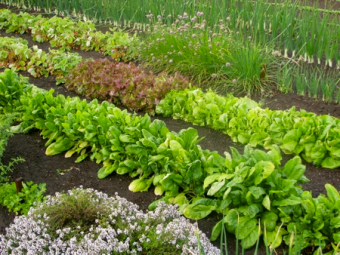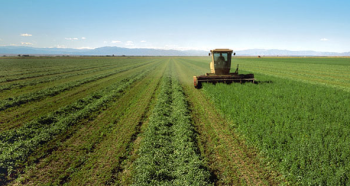Terry D. Etherton

If you are a “foodie” you might be part of the local food movement that passionately advocates that eating locally sourced food is preferable to food produced by contemporary production agriculture. Much has been written about the pros and cons on this subject.
The local food movement championed by “locavores” enjoys passionate support by some in the media, chefs at “foodie” restaurants, and more than a few elected officials. The realities I believe about the local food movement are dramatically divergent from the locavores’ perspective.
There was an article, The Locavore’s Dilemma: Why Pineapples Shouldn’t Be Grown in North Dakota, that was recently posted on Library of Economics and Liberty that informatively and entertainingly discussed some of misleading claims made by supporters of locally produced food. The article was written by Drs. Jayson Lusk and Bailey Norwood, two Ag Econ professors at Oklahoma State University.
Take a look…it is a terrific “read”!
Continue reading The Locavore’s Plight →



